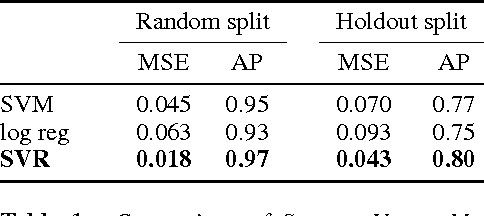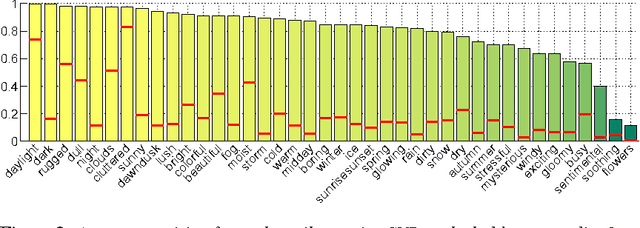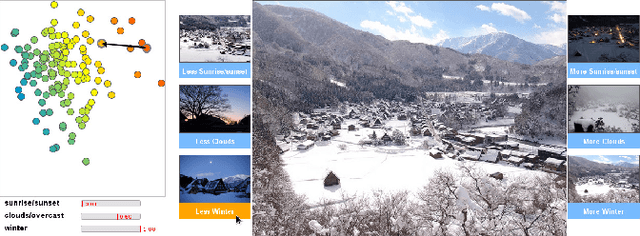Cascaded Scene Flow Prediction using Semantic Segmentation
Paper and Code
Oct 05, 2017



Given two consecutive frames from a pair of stereo cameras, 3D scene flow methods simultaneously estimate the 3D geometry and motion of the observed scene. Many existing approaches use superpixels for regularization, but may predict inconsistent shapes and motions inside rigidly moving objects. We instead assume that scenes consist of foreground objects rigidly moving in front of a static background, and use semantic cues to produce pixel-accurate scene flow estimates. Our cascaded classification framework accurately models 3D scenes by iteratively refining semantic segmentation masks, stereo correspondences, 3D rigid motion estimates, and optical flow fields. We evaluate our method on the challenging KITTI autonomous driving benchmark, and show that accounting for the motion of segmented vehicles leads to state-of-the-art performance.
 Add to Chrome
Add to Chrome Add to Firefox
Add to Firefox Add to Edge
Add to Edge